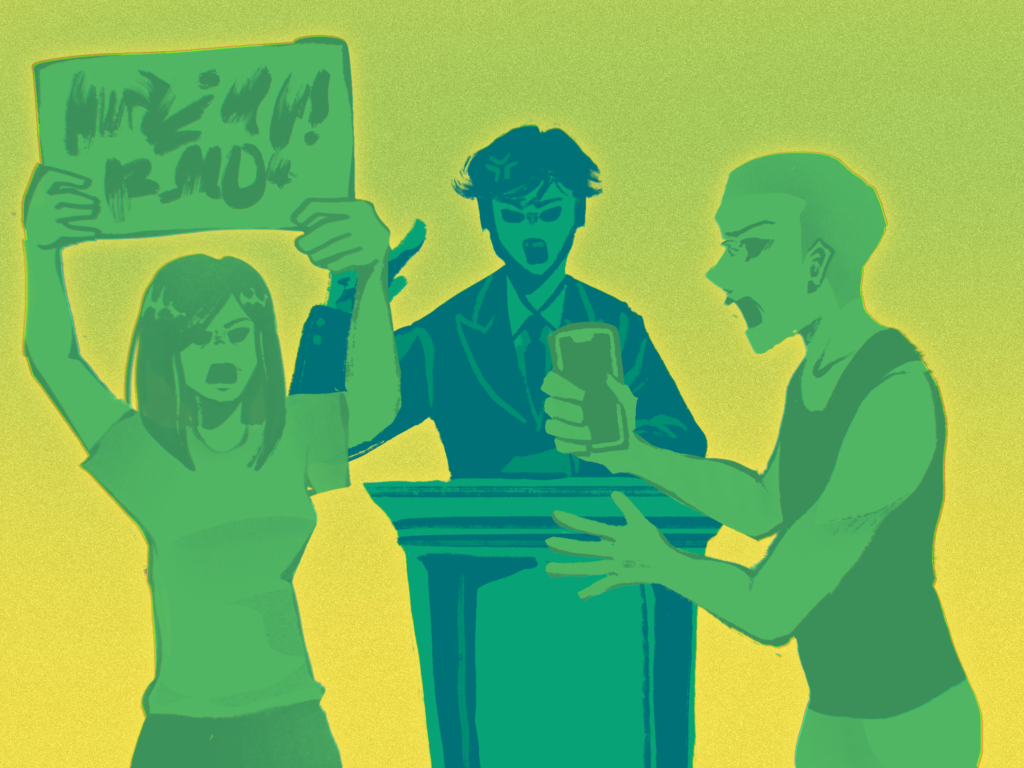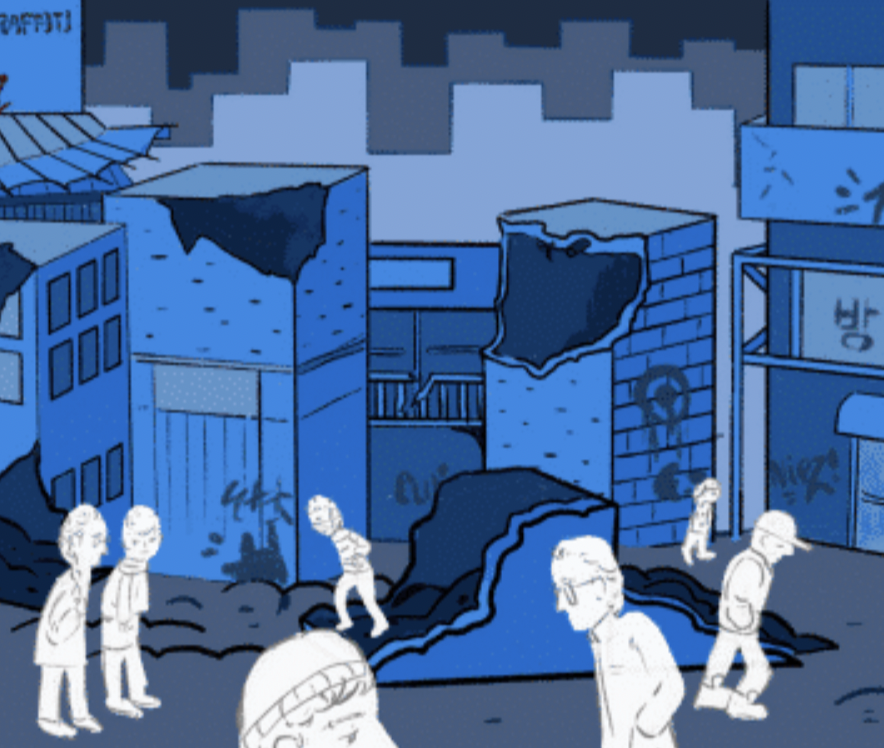One section of the Lanham Act – a 1946 act which governs trademarks, service marks, and unfair competition–has caused controversy for the Washington Redskins. Many people have called for the team’s offensive name to be changed, but the team owner and the franchise have long argued that the name is not offensive. The team is wrong, and the insensitive name must be changed.
In July of 2015, a United States District Court order cancelled the Washington Redskins’ trademark because the name was determined to be offensive. The franchise is attempting to gain the attention of higher courts by comparing its trademark battle to the similar situation of an Asian-American rock band named The Slants. The Redskins franchise is arguing that if the court takes the case of the Oregon band, it should hear the Redskins’ case at the same time. The lawyers for the team have argued that hearing the two cases at the same time would allow for the issues to be considered at once, examined fully and fairly. Often, the Supreme Court reviews complementary and companion cases when it addresses the a question of constitutional law.
This argument attempts to make two very different cases into one case. In doing so, both cases are somewhat delegitimized. Each of these names is offensive to a different group of people and in a different way. Each case deserves to be examined separately. The difference is that the Washington Redskins are an extremely famous and profitable franchise, and one that is extremely visible in the public domain. Therefore, it is able to offend many more people, and sends a message that the NFL is insensitive and cares more about profits than about American citizens.
Furthermore, the Redskins franchise is insistent that its case be examined in a higher court, since there is money at stake in this controversial decision.
The Lanham Act prohibits the trademarking of “scandalous, immoral, or disparaging” names. The name of the Redskins, obviously, is all three of these things. The controversy and scandal surrounding the legal battle over the name is enough to indicate that the name is scandalous. The name also actively disparages an entire group of people, many of whom are speaking out and asking for change.
The impact that this case will have on the Redskins franchise is significant. Without trademark protections, the team would still be able to use the name, but anyone who wanted would be able to sell merchandise using the name without providing compensation to the franchise. This would mean the Redskins franchise would lose substantial revenue. Unfortunately, a moral issue is being clouded by greed. Since money is involved, the Redskins case — which should have an easy answer — is becoming complicated due to extensive litigation.
Even the decision to revoke trademark protection would not address the heart of the issue. The Redskins would be able to keep their offensive name, and merchandise using the name would still be sold. The only way for the name to change would be if someone within the franchise decides to change it. This must happen.
Politicians, including President Obama, have actively encouraged the Redskins to change its name in recent years. In 2013, President Obama said, “If I were the owner of the team and I knew that there was a name of my team — even if it had a storied history — that was offending a sizable group of people, I’d think about changing it.” The plain reality of the situation is that this name undeniably offends a lot of people, and it should be changed. It is a simple decision that has been made into an extensive legal process. The Redskins owner and franchise should take a hit financially for the sake of morality. There is no price that can be put on offending a large group of people.




